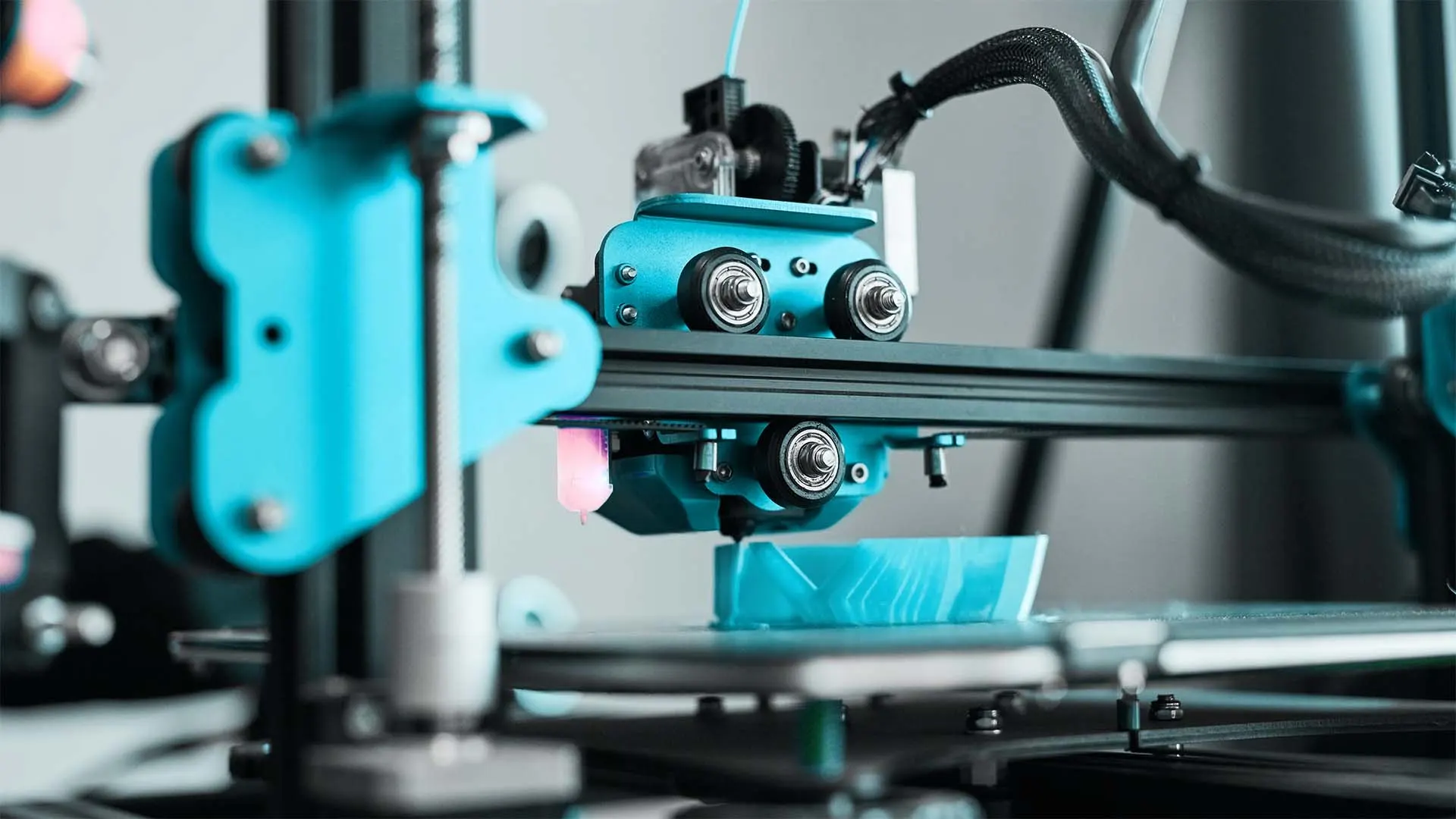Go back to our roots for a healthier plate and planet
The Fast Company Impact Council is an invitation-only membership community of leaders, experts, executives, and entrepreneurs who share their insights with our audience. Members pay annual dues for access to peer learning, thought leadership opportunities, events and more. The way we produce and consume food is changing. Not only is the current food system a threat to our health, it’s also a threat to our planet. As a food producer, the challenge is clear: How do we transition toward more nutrient-dense, environmentally responsible food choices without compromising taste or accessibility? Modern food production has often emphasized convenience, leading to highly processed products that lack substance and sustenance. However, traditional diets, such as the Mediterranean diet, offer a time-tested solution. Rooted in whole, plant-based ingredients, these diets highlight a variety of grains, legumes, and plant-based proteins that provide essential nutrients while reducing the environmental footprint of food production. By returning to these principles, we can create a more sustainable and nutritious future. Learn from traditional diets For centuries, Mediterranean communities have thrived on ingredients that not only support long-term health but also align with sustainable farming practices. Unlike modern industrial agriculture, which prioritizes monoculture crops and mass production, traditional food systems accentuate biodiversity and soil regeneration. Ancient grains like buckwheat are regaining popularity for their rich nutrient profiles and minimal environmental impact. Legumes, such as chickpeas and lentils, are packed with plant-based protein, fiber, and essential minerals while also playing a crucial role in the rise of sustainable practices in modern agriculture. We need to take inspiration from these traditional approaches and champion minimally processed ingredients for the sake of human health and ecological stability. Interestingly, many Americans report that while traveling in Italy, they experience fewer food intolerances and improved digestion—despite indulging more during their vacations. This may be attributed to Italian cuisine’s deep-rooted tradition and propensity toward whole, minimally processed foods and traditional dishes made with simple, high-quality ingredients. Innovation to address modern challenges Traditional food systems are not the sole answer to today’s complex issues of food security, climate change, and health. We must also leverage technology, research, innovation, and a little bit of creativity. The use of spirulina is the perfect example of how innovation can build on traditional principles to create more sustainable and nutrient-dense food options. Called “the food of the future” by the Food and Agriculture Organization of the United Nations, spirulina is a blue-green algae with superfood benefits which has been consumed for centuries, providing a rich source of protein, vitamins, and minerals. What makes it especially promising for the future of food is its minimal environmental footprint—it requires very little water, land, and energy to produce. It also contributes to the reduction of greenhouse gases—production can be carbon neutral or even carbon negative, as the growing cells sequester CO2. Many brands are now incorporating ingredients like spirulina into their product offerings, from snacks to beverages and even in more unexpected areas like pasta. For example, at Felicia we source Italian Apulia Kundi spirulina directly from our “spirulina park” at the Italian headquarters, a facility dedicated to growing these precious microalgae by using the water resulting from the pasta-making process. The water is purified and reused to make the pasta, fostering a virtuous circular economy. This type of sustainable production is a crucial step in our shared journey toward a healthier planet and population. But for innovation like this to really make an impact, it needs to happen at every stage, from food production to product design and consumer education. Creating variety in one’s diet doesn’t have to be complicated—it can be as simple as incorporating diverse grains, legumes, and vegetables into daily meals and building a colorful plate to delight the senses, without compromising on taste. As brands, we hold a responsibility to our consumers to create the products that make this possible. By embracing both traditional wisdom and modern innovation, with renewed passion, creativity and care, we can reach a thriving future. Carlo Stocco is managing director, North America at Felicia and Andriani.

The Fast Company Impact Council is an invitation-only membership community of leaders, experts, executives, and entrepreneurs who share their insights with our audience. Members pay annual dues for access to peer learning, thought leadership opportunities, events and more.
The way we produce and consume food is changing. Not only is the current food system a threat to our health, it’s also a threat to our planet. As a food producer, the challenge is clear: How do we transition toward more nutrient-dense, environmentally responsible food choices without compromising taste or accessibility?
Modern food production has often emphasized convenience, leading to highly processed products that lack substance and sustenance. However, traditional diets, such as the Mediterranean diet, offer a time-tested solution. Rooted in whole, plant-based ingredients, these diets highlight a variety of grains, legumes, and plant-based proteins that provide essential nutrients while reducing the environmental footprint of food production. By returning to these principles, we can create a more sustainable and nutritious future.
Learn from traditional diets
For centuries, Mediterranean communities have thrived on ingredients that not only support long-term health but also align with sustainable farming practices. Unlike modern industrial agriculture, which prioritizes monoculture crops and mass production, traditional food systems accentuate biodiversity and soil regeneration.
Ancient grains like buckwheat are regaining popularity for their rich nutrient profiles and minimal environmental impact. Legumes, such as chickpeas and lentils, are packed with plant-based protein, fiber, and essential minerals while also playing a crucial role in the rise of sustainable practices in modern agriculture. We need to take inspiration from these traditional approaches and champion minimally processed ingredients for the sake of human health and ecological stability.
Interestingly, many Americans report that while traveling in Italy, they experience fewer food intolerances and improved digestion—despite indulging more during their vacations. This may be attributed to Italian cuisine’s deep-rooted tradition and propensity toward whole, minimally processed foods and traditional dishes made with simple, high-quality ingredients.
Innovation to address modern challenges
Traditional food systems are not the sole answer to today’s complex issues of food security, climate change, and health. We must also leverage technology, research, innovation, and a little bit of creativity.
The use of spirulina is the perfect example of how innovation can build on traditional principles to create more sustainable and nutrient-dense food options. Called “the food of the future” by the Food and Agriculture Organization of the United Nations, spirulina is a blue-green algae with superfood benefits which has been consumed for centuries, providing a rich source of protein, vitamins, and minerals. What makes it especially promising for the future of food is its minimal environmental footprint—it requires very little water, land, and energy to produce. It also contributes to the reduction of greenhouse gases—production can be carbon neutral or even carbon negative, as the growing cells sequester CO2.
Many brands are now incorporating ingredients like spirulina into their product offerings, from snacks to beverages and even in more unexpected areas like pasta. For example, at Felicia we source Italian Apulia Kundi spirulina directly from our “spirulina park” at the Italian headquarters, a facility dedicated to growing these precious microalgae by using the water resulting from the pasta-making process. The water is purified and reused to make the pasta, fostering a virtuous circular economy.
This type of sustainable production is a crucial step in our shared journey toward a healthier planet and population. But for innovation like this to really make an impact, it needs to happen at every stage, from food production to product design and consumer education. Creating variety in one’s diet doesn’t have to be complicated—it can be as simple as incorporating diverse grains, legumes, and vegetables into daily meals and building a colorful plate to delight the senses, without compromising on taste. As brands, we hold a responsibility to our consumers to create the products that make this possible.
By embracing both traditional wisdom and modern innovation, with renewed passion, creativity and care, we can reach a thriving future.
Carlo Stocco is managing director, North America at Felicia and Andriani.






















































.jpg)
%20Abstract%20Background%20112024%20SOURCE%20Amazon.jpg)





















































































































![[The AI Show Episode 142]: ChatGPT’s New Image Generator, Studio Ghibli Craze and Backlash, Gemini 2.5, OpenAI Academy, 4o Updates, Vibe Marketing & xAI Acquires X](https://www.marketingaiinstitute.com/hubfs/ep%20142%20cover.png)














































































































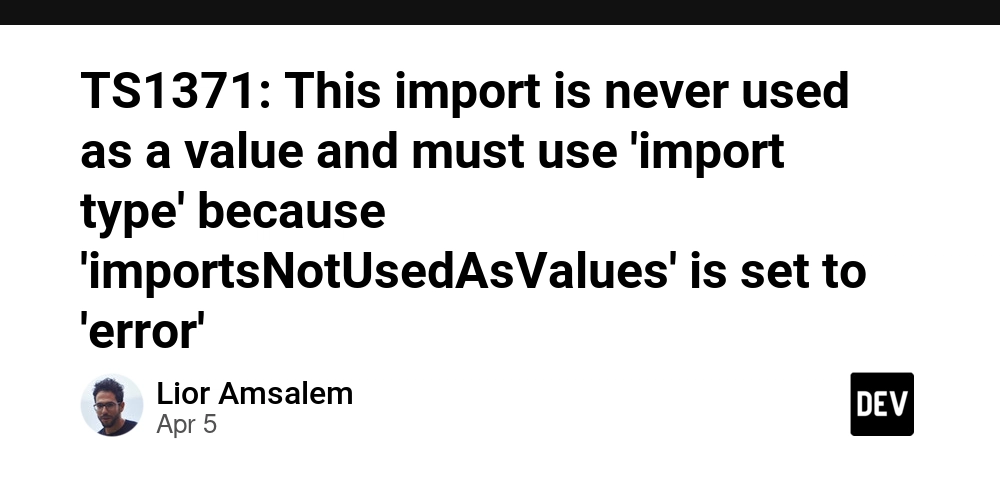
















![From drop-out to software architect with Jason Lengstorf [Podcast #167]](https://cdn.hashnode.com/res/hashnode/image/upload/v1743796461357/f3d19cd7-e6f5-4d7c-8bfc-eb974bc8da68.png?#)




























































































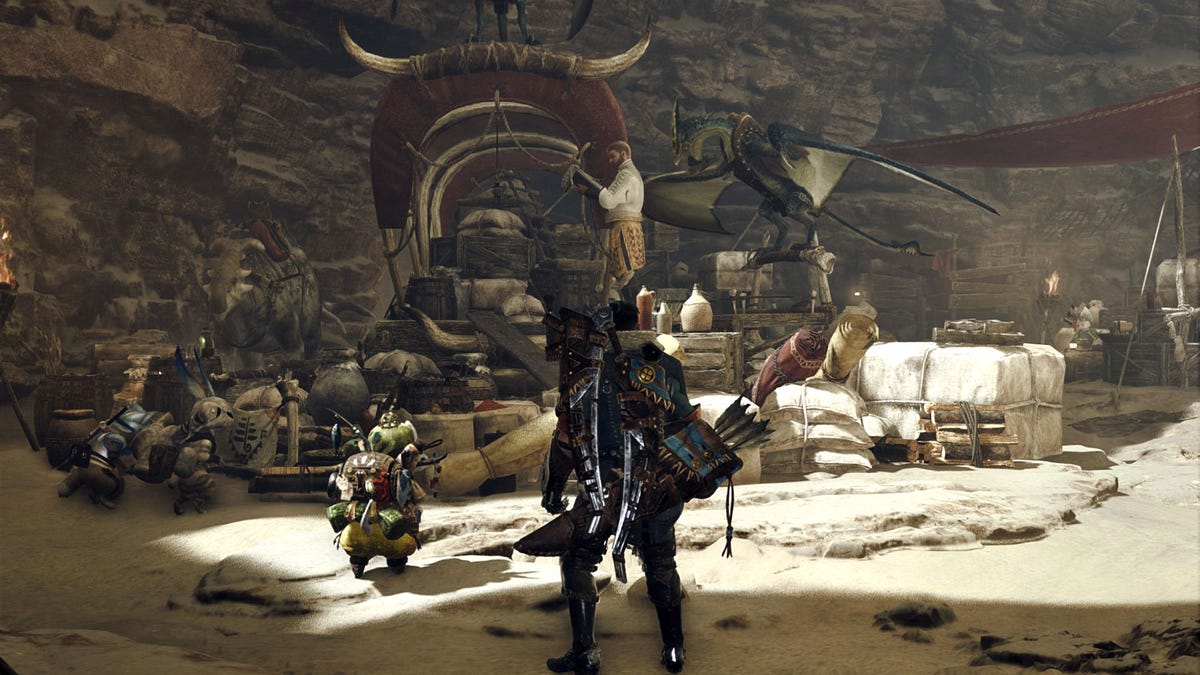








.png?#)





.jpg?#)































_Christophe_Coat_Alamy.jpg?#)





















































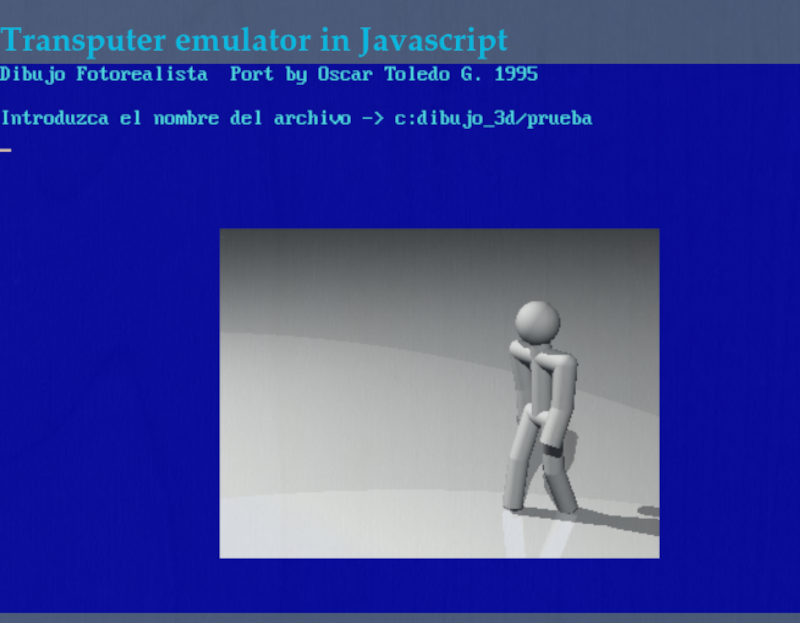
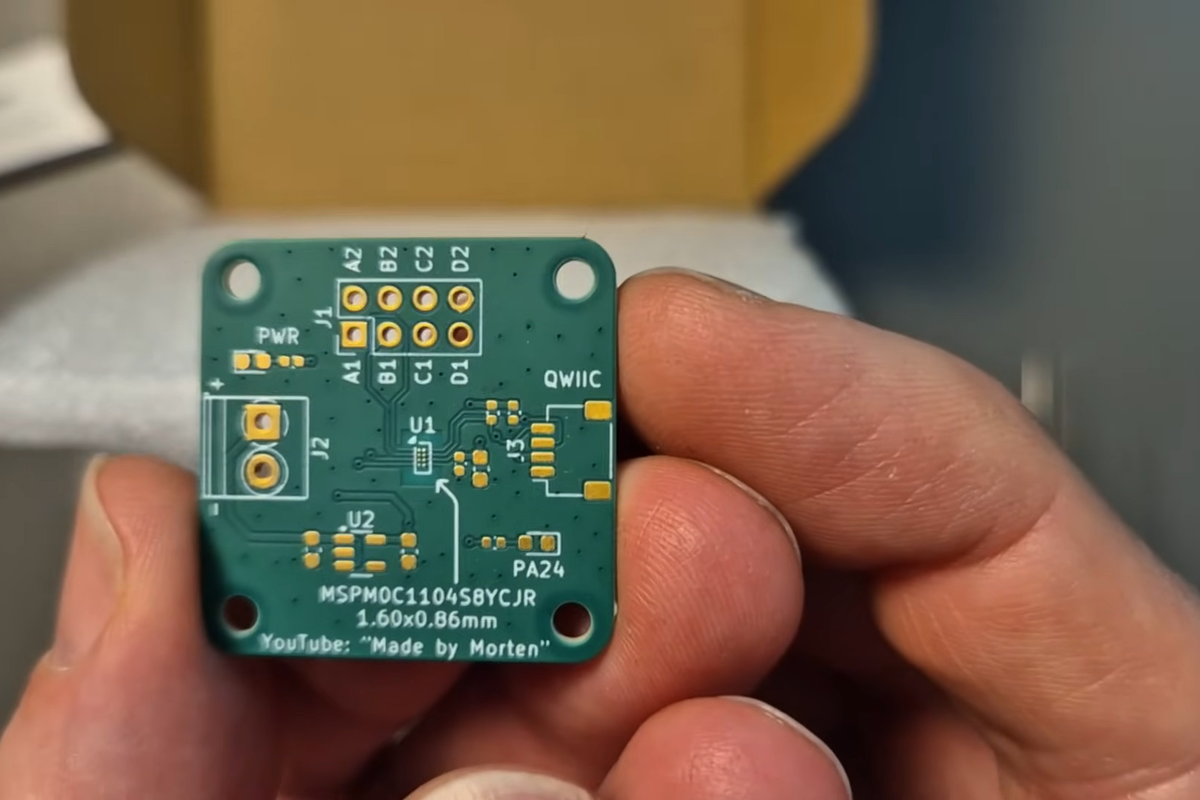
































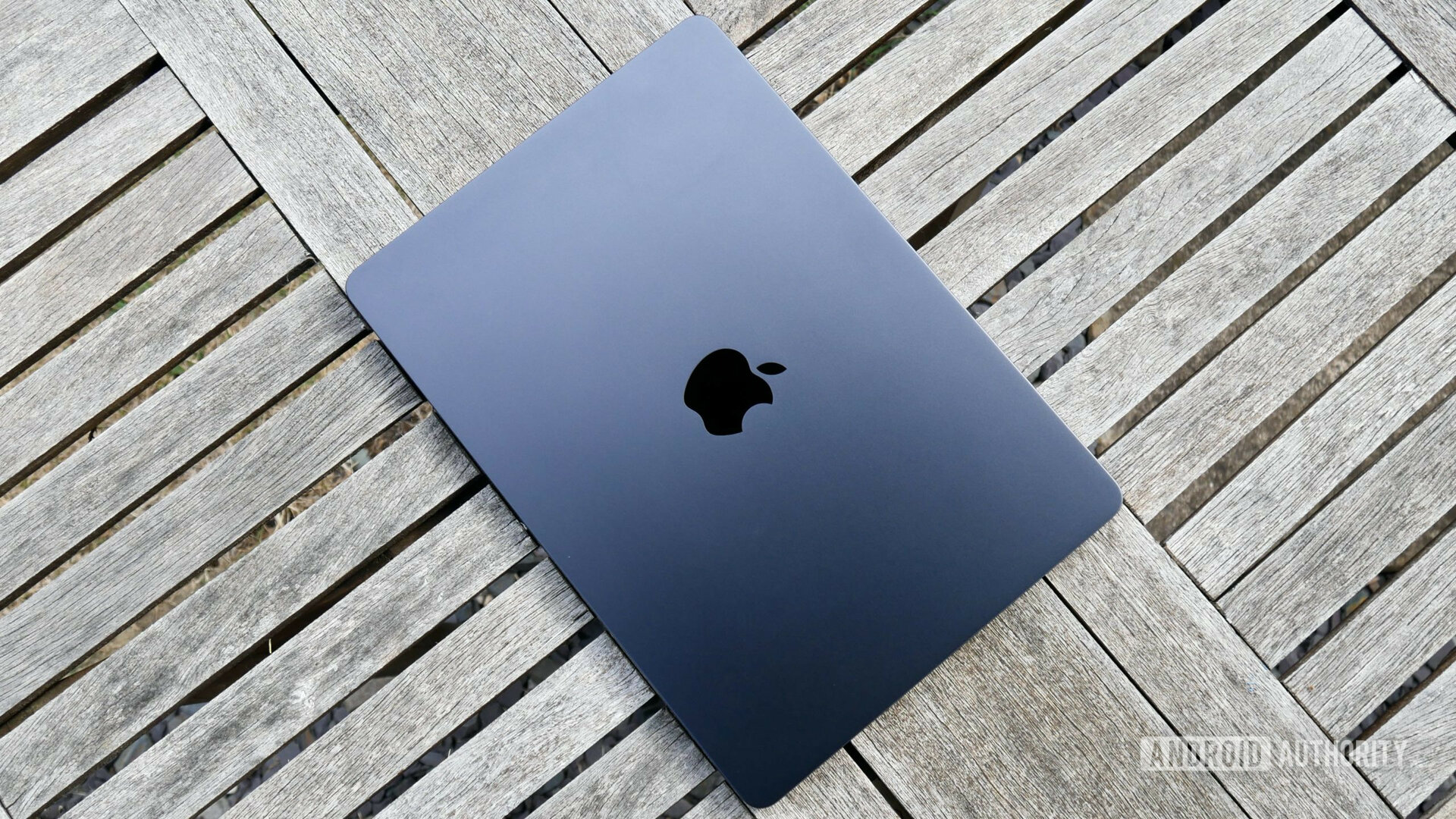


















![Rapidus in Talks With Apple as It Accelerates Toward 2nm Chip Production [Report]](https://www.iclarified.com/images/news/96937/96937/96937-640.jpg)
















































































